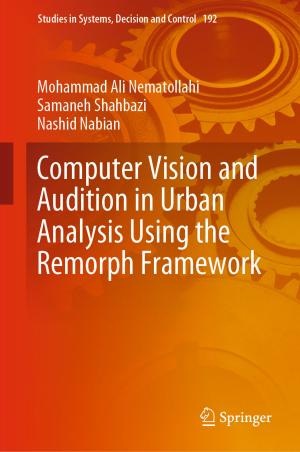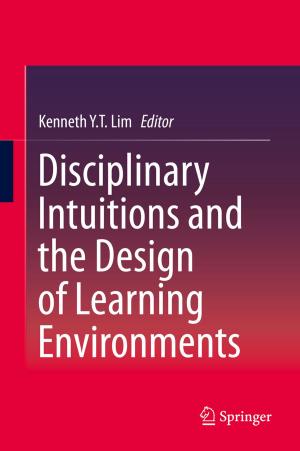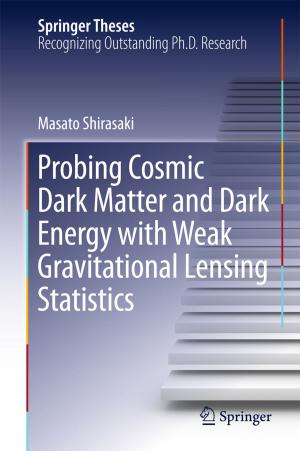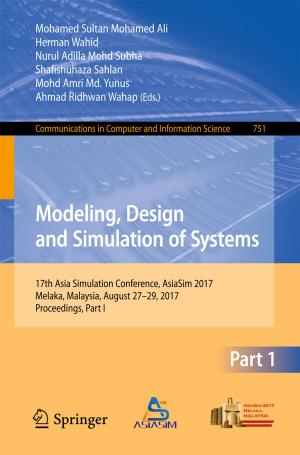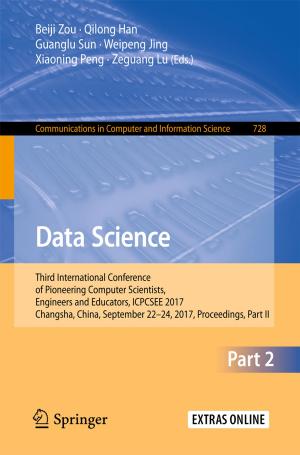Black Holes: A Laboratory for Testing Strong Gravity
Nonfiction, Science & Nature, Science, Physics, Gravity, Astrophysics & Space Science| Author: | Cosimo Bambi | ISBN: | 9789811045240 |
| Publisher: | Springer Singapore | Publication: | June 1, 2017 |
| Imprint: | Springer | Language: | English |
| Author: | Cosimo Bambi |
| ISBN: | 9789811045240 |
| Publisher: | Springer Singapore |
| Publication: | June 1, 2017 |
| Imprint: | Springer |
| Language: | English |
This textbook introduces the current astrophysical observations of black holes, and discusses the leading techniques to study the strong gravity region around these objects with electromagnetic radiation. More importantly, it provides the basic tools for writing an astrophysical code and testing the Kerr paradigm. Astrophysical black holes are an ideal laboratory for testing strong gravity. According to general relativity, the spacetime geometry around these objects should be well described by the Kerr solution. The electromagnetic radiation emitted by the gas in the inner part of the accretion disk can probe the metric of the strong gravity region and test the Kerr black hole hypothesis. With exercises and examples in each chapter, as well as calculations and analytical details in the appendix, the book is especially useful to the beginners or graduate students who are familiar with general relativity while they do not have any background in astronomy or astrophysics.<
This textbook introduces the current astrophysical observations of black holes, and discusses the leading techniques to study the strong gravity region around these objects with electromagnetic radiation. More importantly, it provides the basic tools for writing an astrophysical code and testing the Kerr paradigm. Astrophysical black holes are an ideal laboratory for testing strong gravity. According to general relativity, the spacetime geometry around these objects should be well described by the Kerr solution. The electromagnetic radiation emitted by the gas in the inner part of the accretion disk can probe the metric of the strong gravity region and test the Kerr black hole hypothesis. With exercises and examples in each chapter, as well as calculations and analytical details in the appendix, the book is especially useful to the beginners or graduate students who are familiar with general relativity while they do not have any background in astronomy or astrophysics.<

